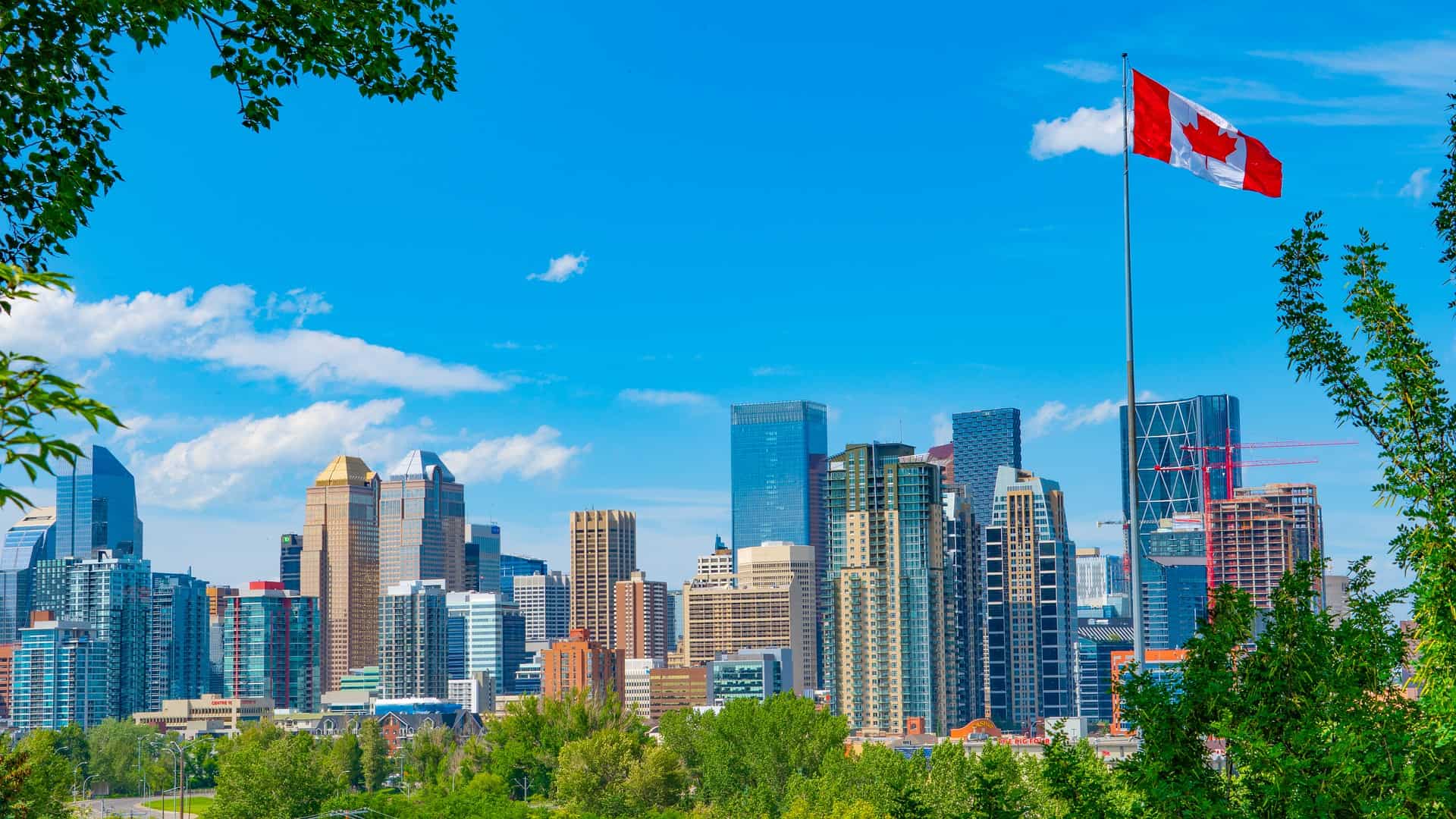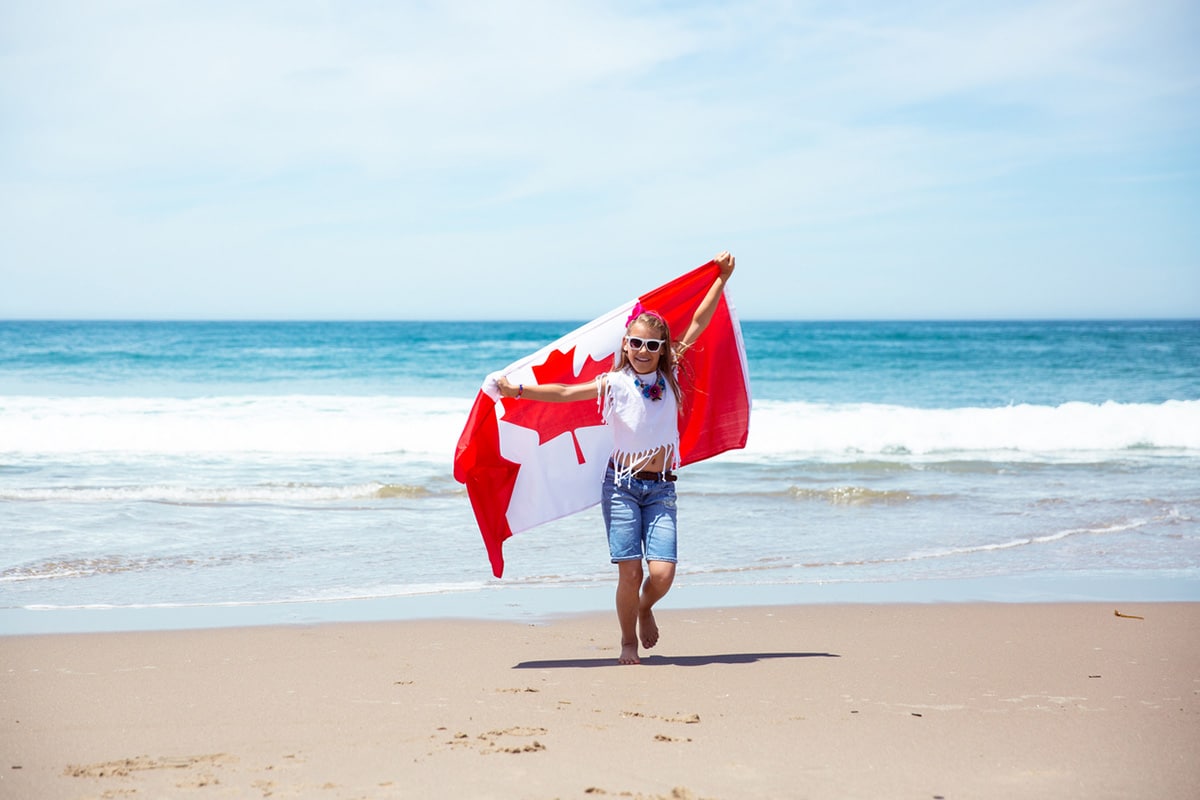Requirements for Canadian visas
If you wish to visit Canada, you might need to apply for a Canadian visa, depending on your place of residency. You must submit an application for a Canadian visa if your nation is one of those listed as requiring one for citizens to visit Canada. The purpose and duration of your trip will determine the sort of Canadian visa you require. For instance, a temporary visiting visa would be required if you intended to travel to Canada. You would require a student visa if you wanted to enroll in school.
What Paperwork Is Necessary for a Canada Visa?
Here are the documents required for a Canada visa:
- Your passport.
- Appropriate Canada visa application form.
- Proof of paid Canada visa fees.
- Proof of clean criminal record.
- Proof of being in good health through a medical exam.
- Photographs in accordance with the photo requirements for Canada visa.
- Proof of financial means.
- Proof you will return to your home country once the Canadian visa expires.
- Identity and Civil Status Documents.
- A cover letter that explains the purpose of your travel to Canada.
- Letter of support/invitation to Canada.
Age
Depending on whether the candidate is an adult (over 18) or a juvenile, the criteria could change (17 or under). The key applicants on an application must be adults. Minors are required to be listed as dependents.
Different rules apply if a child is traveling by themselves. (For information on minor visa requirements, see below.)
Passport
You must have a current passport in addition to any other necessary travel documents. The information page of your passport must be photocopied when you apply for a Canadian visa. It must contain:
- Your passport number.
- The date of issue and expiry.
- Your personal information: name, photo, place of birth, and date of birth.
Forms and paperwork
You will need to obtain an Application Package from the IRCC website in order to submit your visa application. There are all the forms you need to fill out and submit, as well as an instruction manual and a document checklist.
All of the paperwork and papers included on the checklist must be submitted. These papers might include copies of your passport, photos, receipts for your fees, and other identification documents.
In addition to the documents on the IRCC’s checklist, some nations can also need additional documents. If more documentation is required, you must inquire at the local visa office.
A Receipt For The Canada Visa Payments
You must pay the required fees and provide the receipts with your application in order to be eligible to apply for a Canadian visa. Depending on the objective of the trip, the fees are priced differently.
Fees come in two varieties:
- fees for processing applications
- biometric charges
Canadian visa photos
According to Canada’s rules, you must submit two passport photos. Your application can be turned down if the photographs don’t meet the standards set by the Canadian government.
When you go to get your picture taken, you might want to carry the photo criteria with you so you can present them to the photographer.
Evidence of Financial Capability
You must show that you can sustain yourself and any family members who may be traveling with you for the duration of your trip financially. To do this, use the following methods:
- Bank records.
- employment letter with a salary schedule.
- Evidence that you have made plans to acquire funding from friends and relatives to cover the cost of your stay.
- Proof of your Canadian host’s or family member’s salary.
Remember that this is not a comprehensive list and that many nations may want additional forms of identification.
Proof that once the visa expires, you’ll go back to your country of origin
You will need to persuade the visa officials that you will return home when your visa expires. You might accomplish that in a number of ways, including:
Evidence of employment: You must deliver copies of your employment contract and a letter of employment describing your position at the organization, identifying you as a permanent employee, and outlining your estimated return date.
You must present proof of your property ownership in your native country, such as title records or lease agreements.
You need to obtain proof of your obligations if you have family links to your native country or individuals you are responsible for caring for, such as elderly relatives or young children.
Documents proving identity and civil status
Your Canada visa application must be accompanied by photocopies of your identity and civil status documents. Birth certificates, marriage certificates, or divorce/annulment certificates fall under this category.
National IDs or family or household registries may be required in some cases.
For more information, please contact the visa office in your country.
Clearances from police
You must prove that you have no criminal record and are not a danger to Canadian society. In your home country, you can obtain a police certificate or clearance.
You may be required to provide police clearances from countries you have lived in for more than six months.
A Medical Test
A Canadian visa cannot be obtained if you are not in good health. You might have to take a medical test and submit the findings together with your application in order to establish that.
However, unless you will be working directly with people, a medical test is typically not required if you plan to remain for less than six months.
However, your examination cannot be done by your regular doctor. A Panel Physician will be required.
On the IRCC website, you can find the panel doctors for each nation.
Object of the journey
When for a Canadian visa, you must state why you are visiting the country. Depending on the nation, there may be the following requirements:
a letter of invitation from your sponsor or the person whose home you will visit. Information on how to reach the persons who can help with your visit’s declared goal. any documentation that demonstrates why you are traveling.
Letter of invitation or support
You could occasionally be required to provide an invitation letter from a Canadian. That individual must be a permanent resident or a citizen of Canada.
The letter’s author is not legally obligated to represent you. That letter must be provided to you by him or her, and you must submit it with your application.
You (the individual seeking for the visa) must provide the following information in the letter:
- Name.
- Birth date.
- Phone number and address.
- The relationship you have with the person who is writing the letter.
- How long you will stay in Canada, where you will stay, and when you plan to leave.
- How you plan to support yourself financially.
The letter also has to include the following information about the writer:
- Their complete name and date of birth.
- Their Canadian address and phone number.
- Their residence status (Citizen or Permanent Resident) and a photocopy of a document that proves it.
- Their job title.
- Their family details (names and dates of birth for his/her spouse and dependents).
- How many people are in their household.
Minors’ Requirements For A Canada Visa
The same regulations that apply to all other visitors to Canada also apply to minors who are traveling there. Nevertheless, depending on their mode of transportation, children may need supplementary documentation. Regardless of their mode of transportation, all minors are required to carry:
- Their passport
- Copy of their birth certificate
Depending on whether they are traveling alone or with a companion, supplementary documentation also include:
Traveling alone: A letter of permission from both parents or legal guardians, signed by the traveler. The correspondence must:
either in French or English Include the address and phone number for the parents or legal guardians. Include the child’s caretaker’s contact information (name, address, and phone number) in Canada. One parent is present: a letter of permission from the parent who isn’t going on the trip, signed. It must contain:
the parent who isn’t traveling’s home address and phone number. a photocopy of the parent who is not traveling’s passport and national identification card.
If the parents are divorced but still share custody, the parent in attendance must provide a copy of the custody agreement as well as a letter of consent from the other parent.
They must present a copy of the custody agreement if only one parent has custody.
The surviving parent must produce a copy of the death certificate if one of the parents has died away.
Bring a copy of the guardianship or adoption paperwork if you are traveling with legal guardians or adoptive parents.
If they are traveling with a person who is not their parent or legal guardian, the parent or guardian must give written consent to that person. The letter must include the parents’ or legal guardians’ addresses and phone numbers.





